Industry funds baulk at calls to back Virgin
The $700bn industry super fund movement has pushed back against Scott Morrison’s demands to invest in Virgin.
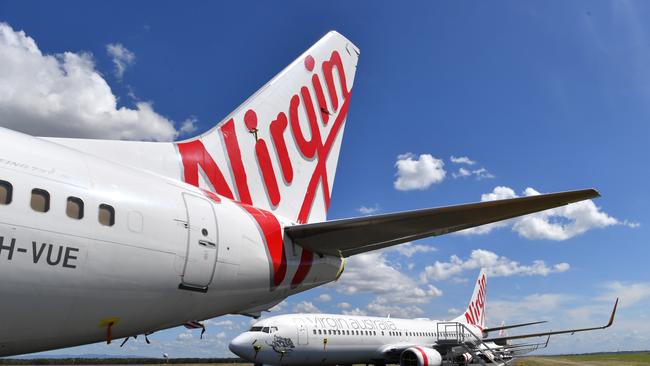
The $700bn industry superannuation fund movement has pushed back against Prime Minister Scott Morrison’s demands to invest in the embattled Virgin Australia and stressed the contribution they already make to the broader local economy.
On Thursday evening Mr Morrison urged the Transport Workers Union and other trade unions to play a more active economic role through their superannuation funds to protect the companies that employ their workers, including Virgin.
Options are narrowing for the under-pressure airline as it looks for a white knight and scrambles to restructure its $5bn debt load while the federal government continues to resist any bailout.
The man known as the “godfather” of the industry fund movement, former IFM Investors chairman Garry Weaven, said there “may be some investment case for Virgin at some price”.
“But at the moment you have five substantial offshore shareholders — including governments — and if they haven't got a plan for recapitalising the company, then is difficult to see how anyone else could be in a better position,’’ he said.
“Most professional investors have pretty much given up on aviation investments a long time ago because of the substantial government ownership and subsidies. You can trade in the shares, but can you be a long-term investor in an airline? It is pretty dicey.”
Greg Combet, the chairman of the $140bn IFM Investors and lobby arm Industry Super Australia, said it was “important to understand that superannuation fund trustees have a duty to invest wisely and consider the appropriate returns for the risks involved”.
“Investing in a distressed airline in the middle of a global pandemic is extremely high-risk,’’ the former Labor government minister and ACTU boss told The Weekend Australian.
He said the trustees of the industry super funds had a legal obligation to invest in the long-term interests of members.
Mr Combet said Virgin’s future required the government to carefully consider the national interest.
“I don't think you can allow Qantas to have a domestic aviation monopoly. It would be naive to think a new operator could come in and rapidly scale up to a 40-50 per cent market share. The barriers to entry will be profound,’’ he said.
"So the maintenance of two airlines is an issue that governments need to grapple with, and if they get the public policy settings right for the aviation sector in a two-airline arrangement, that would provide private investors with greater confidence.”
Another senior leader of the industry super fund movement, who declined to be named, said it could play a role in an equity buyout of Virgin if the government took action to address Virgin’s dire debt position.
“There is just too much debt there at the moment,’’ the person said.
The government and the major airlines reached an agreement this week to subsidise flights servicing critical metropolitan and regional routes for an initial eight weeks, which started on Friday.
The Australian this week revealed Virgin had opened a dataroom and had invited private equity firms including Anchorage, Oaktree, Blackstone and Brookfield. However, the only private equity fund believed to have any interest in an airline recapitalisation is TPG Capital. Currently Virgin’s ownership is split between airlines Etihad, Singapore Airlines, Chinese carriers HNA and Nanshan and Richard Branson’s Virgin Group.
Moody’s Investors Services further downgraded the airline’s credit ratings on Friday, taking its B3 credit rating down to Caa1, or “very high credit risk”.
Fitch followed hours later, downgrading Virgin Australia from B- to CCC or “substantial risk” due to “increasing uncertainty around whether the airline will be able to obtain additional financing”.
Tim Lyons, the trustee of $44bn industry fund Hostplus, tweeted on Friday: “We aren’t really in the market for buying junk bonds using worker’s savings.”
Amid the coronavirus pandemic and the correction in global sharemarkets, industry funds such as Hostplus and REST have been rebalancing their portfolios to deal with moves to cash by investors and looming redemptions after the federal government gave stood-down workers early access to their super savings.
The government expects that up to $27bn will be withdrawn from super after the Australian Taxation Office begins processing early access requests.
Hostplus chief executive David Elia said the current rebalancing of the fund’s portfolios would put a cap on what it could invest in alternative assets such as infrastructure or an airline like Virgin.
“That will absolutely limit our ability to do more in this space and to facilitate those types of opportunities. We would love to do a lot more (in infrastructure). Our first obligation is to look after our members, so that is about managing the early release and then rebalancing,’’ he said.
“There just isn’t any clarity right now about when the country re-opens and what the new normal will look like.”
Mr Weaven said the more the government sought to direct the activities of super funds — including by mandating early withdrawals — “the less able we are able to invest in longer-term, less liquid assets including nation-building infrastructure.”
“There must be a better way for the federal and state governments to co-operate with the super sector to find ways to bring forward nation-building investments that are necessary,’’ he said.
The chief executive of the nation’s biggest superannuation fund, the $170bn AustralianSuper, declined to directly address the issue of supporting Virgin but a spokesman addressed the Prime Minister’s comments about super funds needing to “play a more active role in dealing with the economic issues that we’re dealing with at the moment”.
“AustralianSuper is a major investor in the Australian economy with more than $40bn invested in companies and significant infrastructure assets such as airports, ports and the NSW electricity network that employ thousands of Australian workers and their families,’’ said a spokesman for the fund.
His comments were echoed by Hostplus’s Mr Elia, who claimed industry funds had “to a significant extent already powered the Australian economy”.
“We have invested in major infrastructure so it is a role we do play and will continue to do so,’’ he said.


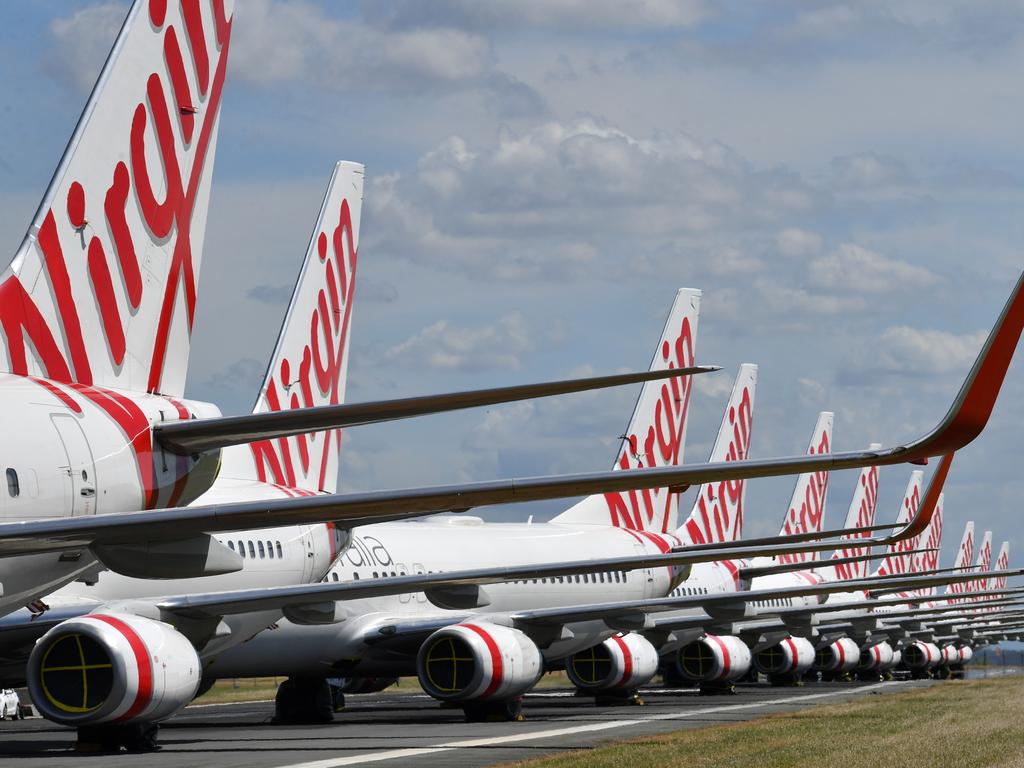

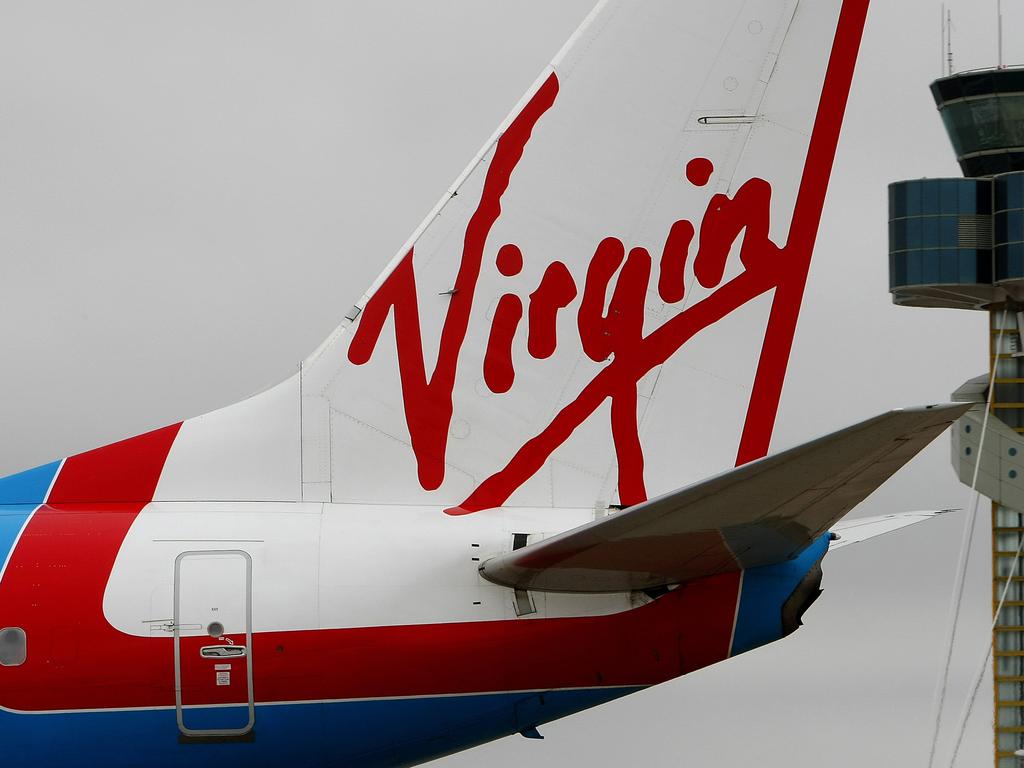
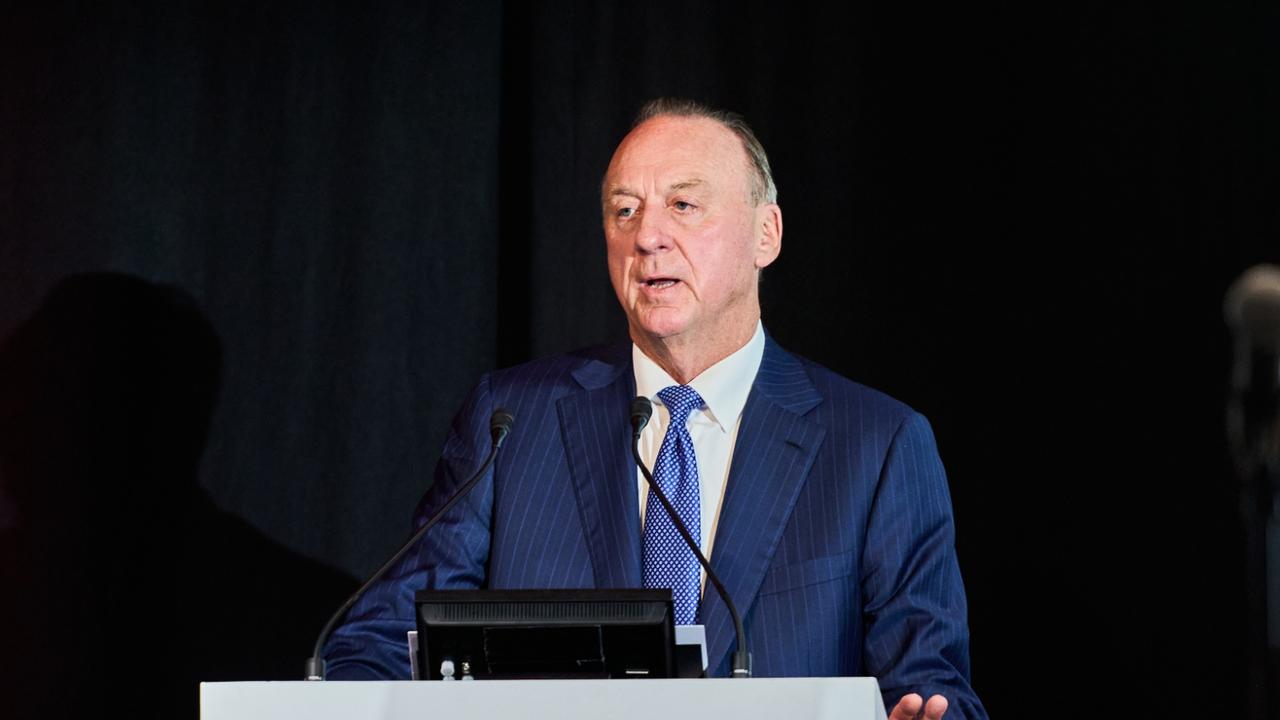
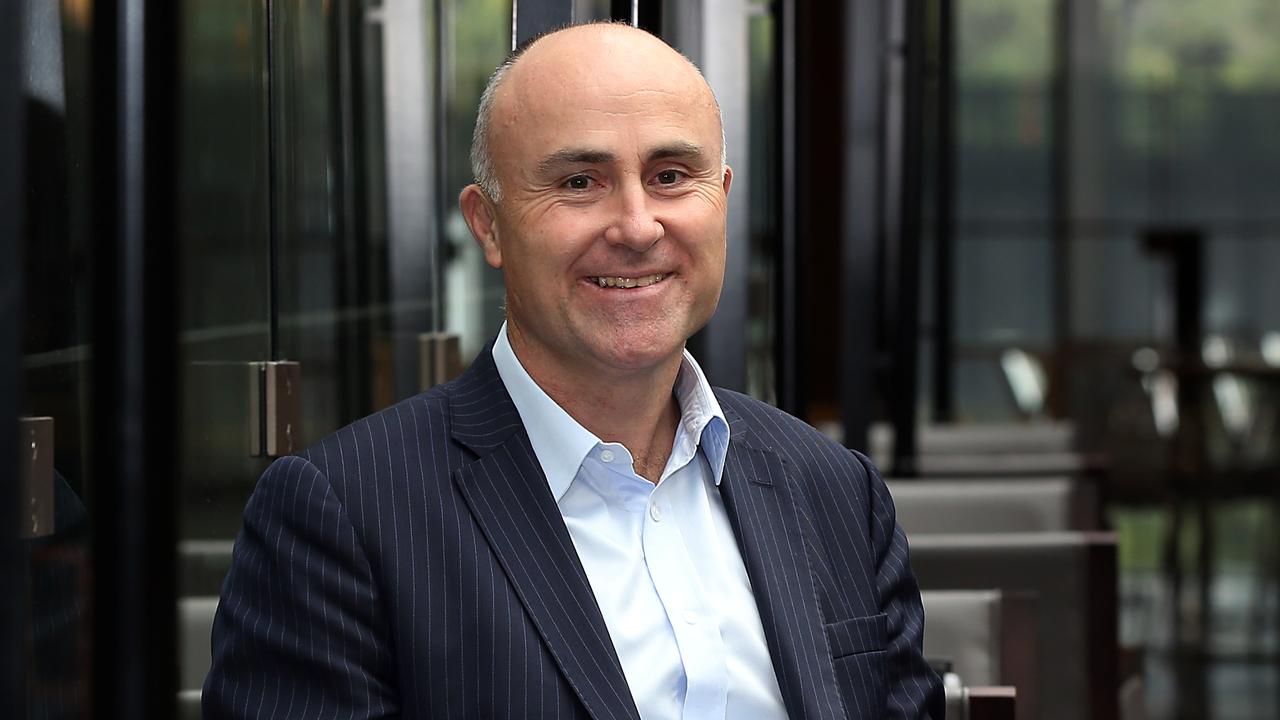
To join the conversation, please log in. Don't have an account? Register
Join the conversation, you are commenting as Logout